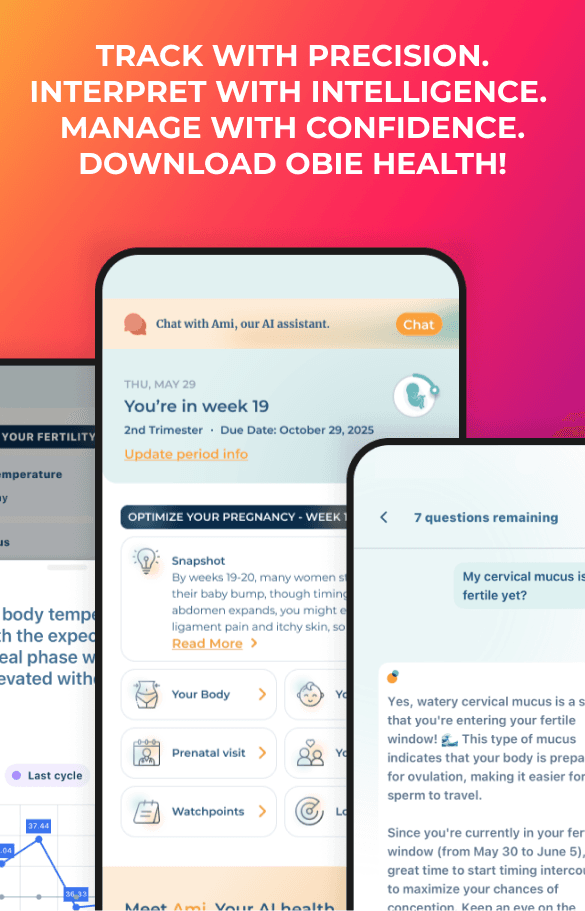Understanding Pregnancy Food Restrictions
Obie Editorial Team
The first thing my sister-in-law asked for after giving birth was a Greek salad with extra feta cheese. “I am so done with block cheddar,” she told me. “I thought the pregnancy cravings ended with the pregnancy,” I laughed, but it turns out I was not quite right. She had long been a devotee of all things cheese. She often joked that she could survive on nothing more than good cheese, good bread and the produce aisle. I then found out that during her first trimester this all changed.
Her doctor gave her a list of foods to avoid during her pregnancy, and on that list were the majority of her favorite foods. Among other items were raw cheeses, unpasteurized milk, soft and semi-soft cheeses and blue-veined cheeses. What was this list all about? Other than perhaps triggering nausea symptoms with their smell, what could these cheeses possibly do to a pregnant woman that she would have to start leading a nearly cheese-free life?
Most people will contract a foodborne illness, often referred to by the misnomer “food poisoning,” several times throughout their lives. The symptoms of these illnesses are generally so mild or can be misconstrued for other illnesses or conditions, however, that they are often not properly attributed to food. During pregnancy foodborne illness can quickly become a dire situation. During pregnancy a woman’s body undergoes a multitude of changes, including massive fluctuations in hormones. One such fluctuation is the large increase in progesterone. The escalated production of this hormone leads to a reduction in the rate of cell-mediated immunity, which is the function responsible for protecting the body from various infections such as those from food. This places pregnant women, and therefore their unborn babies, at increased risk of contracting foodborne illnesses and suffering devastating consequences. Several intracellular pathogens, including Toxoplasma gondii and Listeria monocytogenes, are foodborne and particularly drawn to the mother-fetus unit. These pathogens, if consumed, can lead to severe illness in both mother and baby. In the United States the most pressing foodborne infection for pregnant women in Listeria. Consumption of this pathogen can lead to the very serious illness or even death of the baby.
Expectant mothers are encouraged to avoid foods linked to these pathogens, including soft and semi-soft cheeses, veined cheeses, raw milk cheeses, unpasteurized milk, lunch meats and undercooked hot dogs, as well as produce from other countries that is consumed with the skin on.
Source: Smith, James L. Foodborne Infections during Pregnancy, Journal of Food Protection, Volume 62, Issue 7, July 1999, pp. 818-829.







